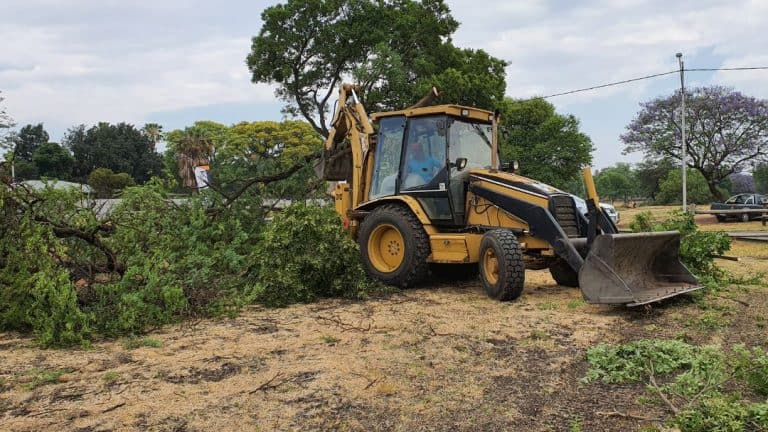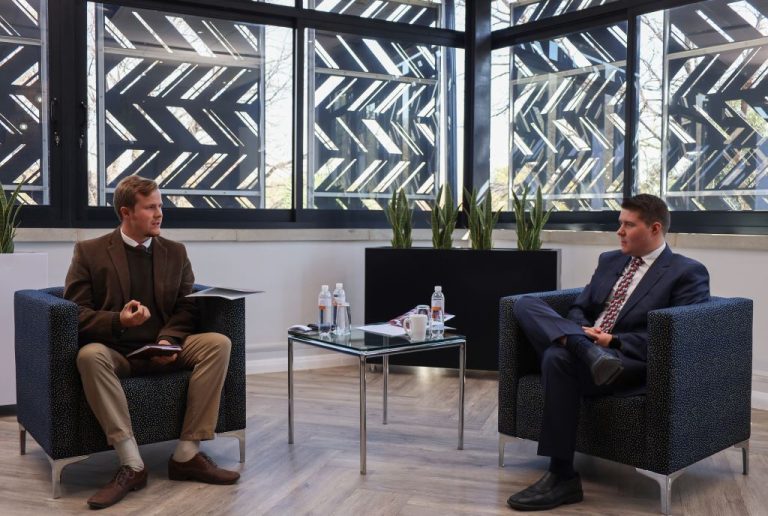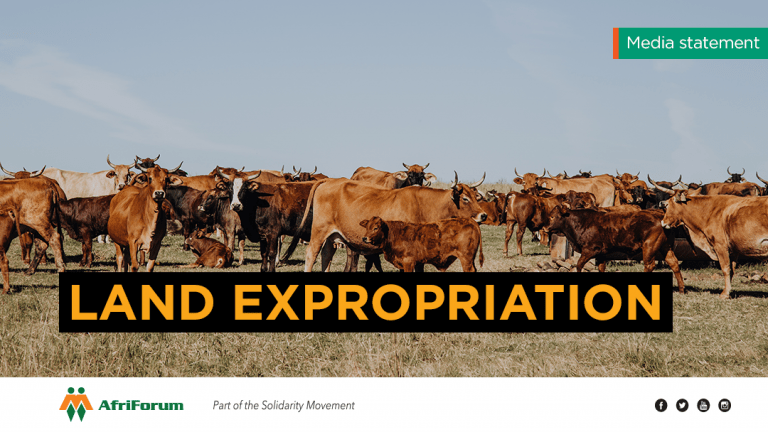Third version of environmental impact assessment for mine on Kruger’s doorstep still a disaster, says AfriForum
The third version of an environmental impact assessment (EIA) of a controversial application for a mining project on the southern border of the Kruger National Park is, according to the formal comments submitted by AfriForum yesterday, flawed in every respect, just like the previous versions. The organisation emphasises that the study, which has already been opened for public comment a third time, does not meet the minimum requirements of any applicable legislation or guidelines and that the application must therefore be withdrawn in its entirety.
AfriForum is meanwhile ready to take legal action if this mining application for Tenbosch Mining’s proposed coal mine is considered and environmental approval for the project is granted.
The civil rights organisation also voiced its opposition to this version of the EIA at a public meeting held in Marloth Park on 30 July and pointed out that the application process is extremely flawed and that several legal requirements have not been met. The latest version of the EIA was released in March this year. This revision follows the equally flawed versions that were released for comment in October 2023 and October 2024.
In its comments on the March 2025 version of the EIA, AfriForum also criticised the following aspects:
- The new version of the EIA contains the same errors, gaps and inconsistencies as the two previous versions.
- The study does not contain any complete and required specialist studies but relies largely on desktop assessments that are contrary to regulations in terms of the National Environmental Management Act 107 of 1998 (NEMA) and requirements of the Department of Mineral Resources and Energy (DMRE).
- Neither the environmental assessment professional (EAP) nor a registered professional’s registration numbers are contained in the study, and it is therefore not clear whether any of the compilers are registered professionals. This omission is a serious breach of the code of ethics of the Environmental Assessment Practitioners Association of South Africa (EAPASA).
- The report contradicts itself on several occasions. In one case, the proposed mine is described as an underground mine, although information on the required infrastructure for such activities has been removed from the study.
- The outdated 2014 EIA regulations are repeatedly cited instead of the amended 2017 regulations. The reference to outdated regulations calls the credibility of the study as a whole into question.
AfriForum furthermore maintains that the EIA process is contrary to various provisions of NEMA as well as the 2017 EIA regulations. In addition, the application area, according to the Mpumalanga Vision 2030 Strategic Implementation Framework, falls outside the province’s designated area for coal mining and in a region that is economically dependent on tourism and agriculture – sectors that will be directly threatened by mining activities.
According to AfriForum’s Environmental Affairs Manager, Lambert de Klerk, the proposed project’s environmental practitioner, Kimopax, also failed to provide answers to stakeholders’ most critical questions during the public meeting. The meeting clearly demonstrated the serious opposition that stakeholders, including local community members, landowners and civil rights organisations, have to the proposed project. However, it is concerning that Kimopax still failed to answer important questions. They also could not prove that the DMRE had approved an extension of the application as required by EIA regulations. The EIA also refers to approval for the project that SANParks supposedly gave, but no evidence of this alleged approval could be provided.
“We are dealing with a process where new versions of the EIA have been released twice before but without correcting the blatant errors that occurred in the previous versions and without taking stakeholder comments into account. It is clear that the EIA is an attempt to push through Tenbosch Mining’s application at all costs without meeting the legal requirements or taking into account public opposition. This current and previous versions of the EIA that have been submitted are not only technically and procedurally flawed but also mislead the public and the authorities.”
De Klerk emphasises that AfriForum now has sufficient evidence to confirm that Tenbosch Mining’s application is not based on a legal or transparent basis. “If this process is approved, AfriForum will take legal action to have the application withdrawn and to protect the area’s environmental and tourism value. The environment, local communities and the national park as an international beacon of conservation cannot pay the price for poor planning and flawed processes,” concludes De Klerk.











